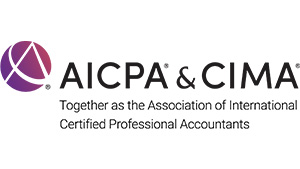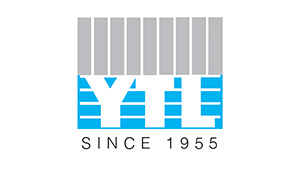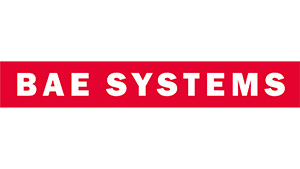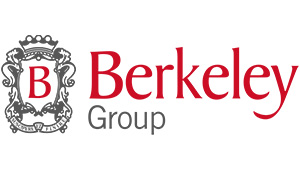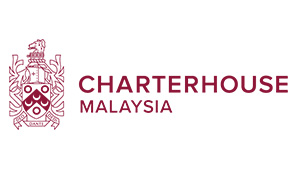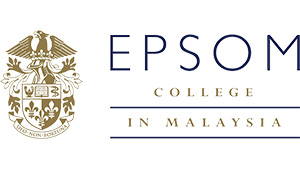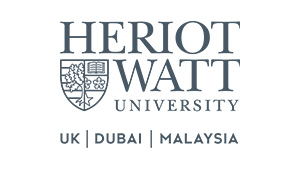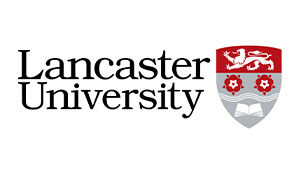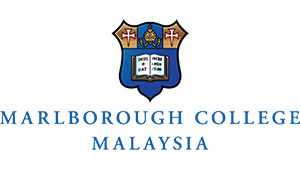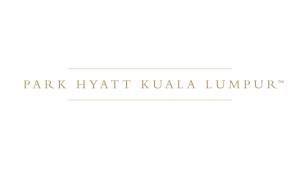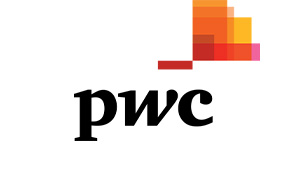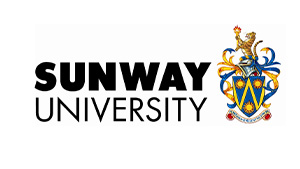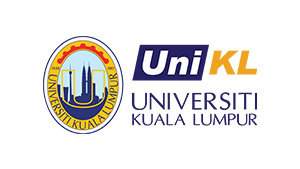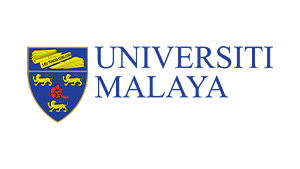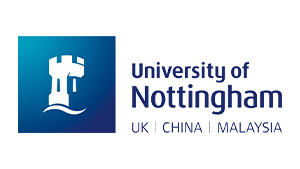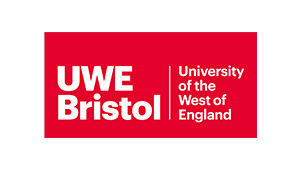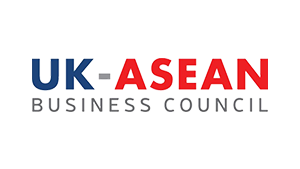Andrew Dalton, Director of Education, The International School @ ParkCity
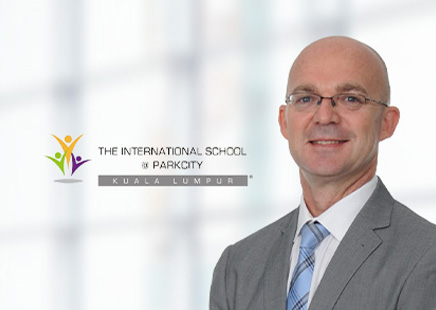

The International School @ ParkCity (ISP), established in September 2011, caters to students aged 3 to 18, providing a comprehensive educational journey from Nursery through to A-Levels. Situated in the highly acclaimed township of Desa ParkCity in Kuala Lumpur, ISP is an integral part of the community. The school offers a challenging program of study based upon the English National Curriculum which is known for its academic rigour, whilst providing adaptability to address global shifts in an international context. In 2019, The International School @ ParkCity Hanoi (ISPH) opened as the sister school to ISPKL and at that juncture, this expansion marked a significant development and my role evolved to oversee ISPKL, ISPH, and all educational developments within the ParkCity group.
What are some of your organisation’s proudest moments/milestones in Malaysia?
It’s been a remarkable journey since my arrival in Malaysia in 2010. As the founding Principal, construction of the school was in its initial building stages and opening our doors in September 2011 with 131 students marked a significant milestone. I take immense pride in being part of a dedicated team that has played a pivotal role in fostering the school’s growth to its current enrolment of over 1400 students today. It brings me even greater pride to witness our students consistently gaining admission to top global universities. Equally fulfilling is observing the character development of our graduates, who emerge as outstanding individuals and global citizens destined to make a positive impact on our world.
Another memorable achievement relates to our International Schools Quality Mark (ISQM) accreditation inspection in which we were graded as ‘Outstanding’ across all 8 Standards and were subsequently awarded Gold Accreditation status. We were all delighted with this outcome, and my personal highlight from the ISQM report perfectly encapsulates ISP: “Everyone is always looking for ways to make this outstanding school even better.”
Additionally, we were immensely proud of the visit in November 2017 by Her Excellency The Duchess of Cornwall, now Queen Camilla, to inaugurate the Mawar Wing extension. This special occasion not only holds a significant place in our school’s history but also strengthened our connections within the British community.
Based on your overall experience of doing business in Malaysia, name the advantages and challenges of doing business in Malaysia.
In 2010, upon my arrival, there were just over 20 international schools throughout Malaysia. Fast forward to today, and the number has surpassed 200, intensifying competition within the sector. This heightened competition has compelled schools to reflect, reassess and enhance the quality of what they deliver, ultimately benefiting students and families. Malaysia’s attractiveness as an investment hub draws companies from diverse nationalities, resulting in an influx of expatriate employees and their families. This dynamic significantly contributes to our rich cultural diversity as we currently boast enrolment from 60 different nationalities. As student enrolment continues to grow, so does the demand for teachers. Fortunately, Malaysia’s allure as a desirable place to live, coupled with our school’s strong reputation, ensures a consistently robust pool of applicants.
Furthermore, recent developments in the Malaysian Immigration system have streamlined the process for expatriate teachers to obtain their employment pass, easing the hiring process.
Based on your experience in operating in Malaysia, what are the 4 most important criteria for achieving business success in Malaysia?
In the context of education and international schools in Malaysia, I believe that the four pivotal criteria for achieving success are:
- Adaptability: The ability to adapt ensures responsiveness to the educational and global environment, allowing us to navigate changes and stay ahead in the evolving landscape. This includes us proudly encouraging a sustainable lifestyle and placing wellbeing at the centre of our daily endeavours.
- Strategic Location: ISP’s strategic location in the award-winning Desa ParkCity township provides a unique advantage, creating opportunities for collaboration, community engagement and a distinctive educational experience.
- Credibility: Maintaining and enhancing the school’s reputation is paramount for sustained long-term success in the competitive educational landscape. We have a genuine unwavering commitment to continuous school improvement which ensures the delivery of high-quality education, fostering trust and loyalty within the community.
- Sustaining Historical Ties: Leveraging on the strong historical ties between Malaysia and the British education system provides a globally recognised educational experience for students. I believe this legacy provides parents a sense of confidence and reassurance that their child’s education is in capable and safe hands.
How has your business evolved during this pandemic, especially in terms of optimisation of human and technology resources?
Much like many other international schools and organisations, we underwent a significant shift in how we operate. Having no alternative other than to swiftly adapt to online learning and utilise technology to ensure minimal disruption to the education for our precious students, our dedicated teachers and staff demonstrated remarkable resilience and adaptability to quickly transition to this ‘new’ style of delivering lessons. The experience prompted us to reevaluate our operational processes, resulting in increased efficiency and a future-ready educational framework that combines the best of human and technological capabilities. Should a situation akin to a pandemic arise in the future (fingers-crossed that it does not), we are now better equipped to handle it effectively.
How do you see your business growth and prospects in Malaysia now?
Our growth and development prospects in Malaysia are highly promising. Our recent expansions, including the opening of our new Primary School and the extension of our Early Years Centre, have significantly boosted our capacity to over 1800 students. The gradual recovery of many industries post-pandemic is evident and this is reflected in the continued growing interest from new families seeking enrolment at our school. Being an integral part of the thriving Desa ParkCity community, our school’s prosperity is very much intertwined with the surrounding economy of property and retail.
What are the top 3 reasons for your organisation joining the BMCC?
- The BMCC Education Committee, known for its dynamic, supportive, and active approach has proven instrumental in helping to address ongoing challenges with various government departments. Drawing on my past experiences, the chamber’s significant influence and connections have been invaluable in such situations.
- Engaging in strategic networking with like-minded organisations through BMCC helps to facilitate continuous improvement and mutual support. This collaborative strategy nurtures strong partnerships, ultimately benefiting our staff and students in some way along the line.
- BMCC provides a platform for enhanced exposure and marketing opportunities, allowing us to showcase our school’s offerings to both established and new families in Kuala Lumpur.
What is the top value you see for yourself or your organisation in being a member of the BMCC?
The support and connections made from being a member of the BMCC are invaluable. From a personal perspective, I believe that it is often overlooked that holding a privileged CEO-type position can be quite isolating at times. The connections within the chamber provide a support network that enables a confidential channel of communication with members in similar roles. From an organisation perspective, our continued membership holds significant value because of the chamber’s accessibility and connections with various government departments. Being a part of the BMCC membership fosters the exchange of educational experiences, encourages and promotes learning, building mutually beneficial relationships. This aligns with my belief that healthy competition among international schools in Malaysia is crucial in raising standards, making BMCC an invaluable platform for collective educational advancement.
In one sentence, how would you describe your own experience or your organisation’s experience as a member of the BMCC?
Having developed a valuable network of supportive colleagues, we are deeply grateful and appreciative of the continued support provided by the BMCC team and its members.
Favourite Quote:
“Everyone is always looking for ways to make this outstanding school even better.”

